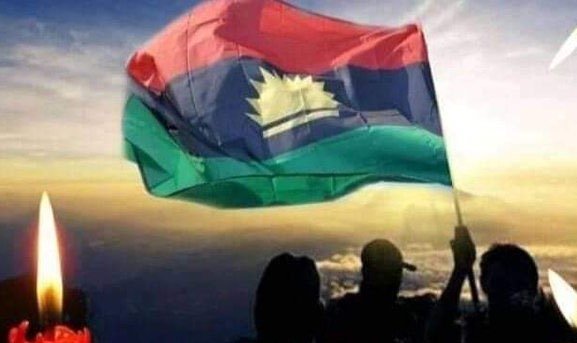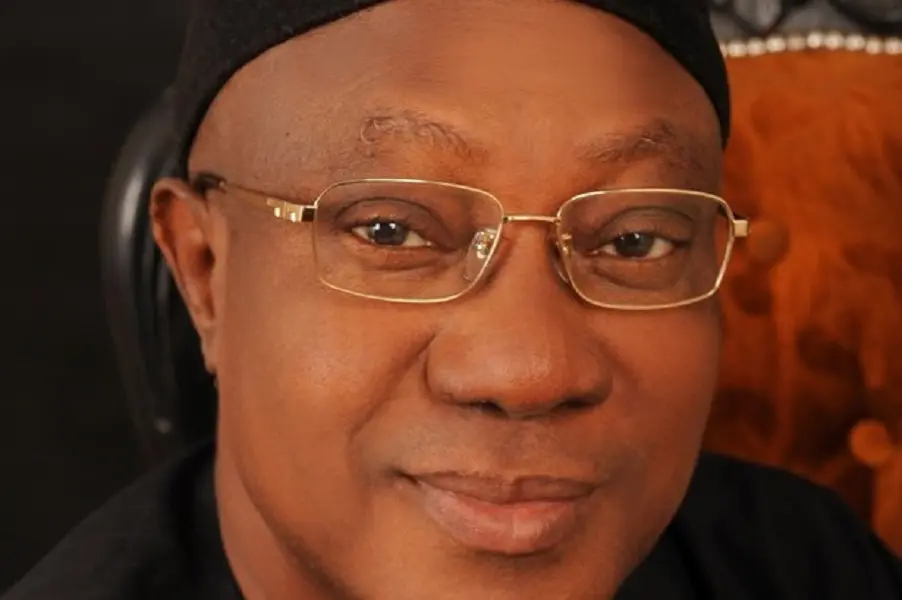Several cities in South-East Nigeria were quiet on Friday, May 30, 2025, as residents observed a sit-at-home order. The order was issued by the Indigenous People of Biafra (IPOB) to honour those who died during the Nigerian Civil War, also known as the Biafran War.
IPOB’s spokesperson, Emma Powerful, confirmed the directive earlier in May. He said the lockdown was necessary to “commemorate the sacrifices made by our fallen heroes and heroines.”
In cities like Aba, Enugu, and Onitsha, streets were nearly empty. Only a few tricycles and private vehicles moved through town. Shops, markets, motor parks, and offices stayed shut. Banks did not open, and both public and private schools remained closed.
Most residents stayed indoors. But in some neighbourhoods, groups of young people were seen playing football on deserted streets. Others sat near their homes, chatting about current political and security issues.
There were no reports of violence or clashes between security officers and those enforcing the sit-at-home.
Public Obedience Amidst Fear and Loyalty
For years, Southeast governors have asked residents to ignore IPOB’s sit-at-home orders. They say the practice hurts the region’s economy and development. But many Igbo people continue to observe the day in memory of the estimated three million people who died in the civil war.
The federal government has no official day to remember the Biafran dead. This has made it harder to discourage people from observing the annual remembrance. Some residents obey the order out of respect. Others comply for fear of possible attacks by non-state actors.
Some Igbo elders’ group, like the Njiko Igbo Forum (NIF), had strongly opposed the practice of sit-at-home every May 30. It called for other sublime methods to commemorate the day including wearing black wrist bands, among others.
Police and Military on Alert
Ahead of the sit-at-home, police in Anambra State increased patrols and took control of key junctions. Areas like Awka, Onitsha, Nnewi, Ihiala, and Oraifite were heavily guarded.
The police command, led by CP Ikioye Orutugu, met with other agencies including the DSS, NSCDC, FRSC, Army, and Navy. The meeting was to ensure there was no breakdown of law and order during the remembrance.
SP Tochukwu Ikenga, the Police Public Relations Officer, released a statement: “The Police and other agencies remain committed to peace. Our joint presence reassures the public and deters criminal activity.”
Residents were encouraged to report any suspicious activity using the control room phone numbers provided.
Military Vows to Protect WAEC Candidates
The Nigerian military also assured the public, especially students writing WAEC exams, of full protection. Colonel Adamu Kabiru Mohammed, Sector Commander of Operation Udo Ka, said troops would guard all exam centres across the region.
Speaking from Orsumoghu in Ihiala LGA — once a base for IPOB and the Eastern Security Network (ESN) — he said: “All necessary arrangements have been made to ensure students can sit for their WAEC exams without fear or disruption.”
“We’ve intensified patrols around schools and other sensitive areas to prevent violence,” he added.
The military noted that IPOB’s threats were largely based on fear tactics. “They attack remote areas, share videos online to cause panic,” Colonel Mohammed said. “But our forces are on the ground. We’ve taken back control of Orsumoghu and other communities.”
He added that the military, in collaboration with local vigilantes and other agencies, had dismantled IPOB and ESN camps. He described the operations as a turning point for regional security.
The situation remained calm by the end of the day, with residents gradually returning to normal activities.
Rate, Like 👍, Comment, share this article and Follow us on our social media handles.







